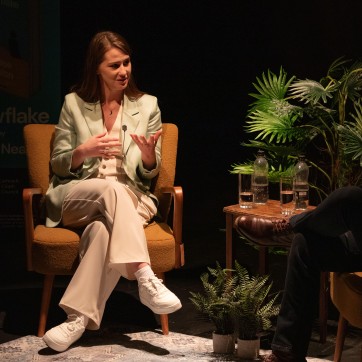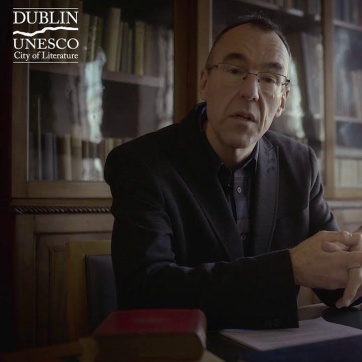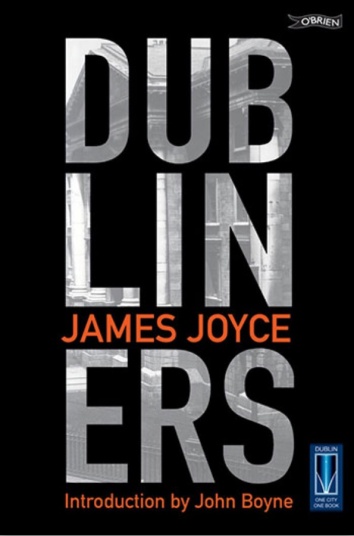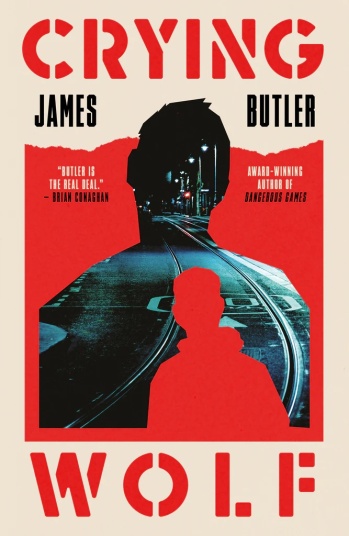
Samuel Beckett
1906 – 1989
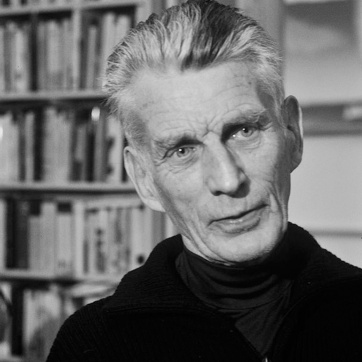
Samuel Barclay Beckett was born on 13 April 1906 at ‘Cooldrinagh’, Foxrock, Co. Dublin – a locale that would go on to feature in both his prose and plays. He studied modern literature and romance languages at Trinity College Dublin, representing the college at various sports including golf, cricket, chess and motor-racing. Following his graduation, Beckett briefly taught at Campbell College in Belfast before taking up a post at the École Normale Supérieure in Paris – where he was introduced to fellow Irish author James Joyce, who he would assist in his writings in various ways. It was here that Beckett began his career as a writer, publishing his first short story “Assumption” and winning a prize for his poem “Whoroscope”.
In 1930, Beckett returned to Trinity College, this time as a lecturer, but ultimately resigned after only four terms of teaching in December 1931. Over the next years, Beckett would alternate between residence in Ireland and travel throughout Europe, in what was a period of both personal and professional difficulty for the author, as he struggled with his father’s death, psychological treatment, illness and uncertainty about the future of his career.
In 1938, Beckett made the decision to settle permanently in Paris, remaining even as he was near-fatally stabbed by a notorious pimp, and when war broke out in 1939 – remarking that he preferred “France at war to Ireland at peace”. As a citizen of neutral Ireland, Beckett was able to remain in Paris during the occupation by Nazi Germany, secretly acting as part of an underground resistance group with his then lover and later wife French pianist Suzanne Dechevaux-Dumesnil until its eventual betrayal in 1942 necessitated his flight to the unoccupied zone of France. For his contribution to the resistance he was later awarded both the Croix de Guerre and the Médaille de la Reconnaissance Française.
Post-war, during a visit to his mother in Ireland, Beckett underwent a revelation, widely considered to be a pivotal moment in his literary career, and became immersed in his writings. During this period, he produced the novels Molloy (1951), Malone Dies (1951), The Unnamable (1953) as well as two plays, the unpublished Eleutheria, and his most famous work: Waiting for Godot, which brought Beckett to the world stage. Following the breakaway success of Waiting for Godot, Beckett went on to write further successful plays such as Endgame (1957), All That Fall (1957), Krapp’s Last Tape (1958), Happy Days (1961) and Play (1963), in addition to serving as a theatre director and writing sporadically – extending his repertoire to include cinema, radio and television.
In 1961, Beckett was jointly awarded the International Publishers' Formentor Prize, and in 1969 won the Nobel Prize in Literature, which he accepted reluctantly on behalf of the late James Joyce and the publisher Jérôme Lindon, who supported his writings. He died in Paris on 22 December 1989, and was buried in the cimetière du Montparnasse alongside his wife, who passed 5 months prior.
Read, Watch, Listen


Snowflake
